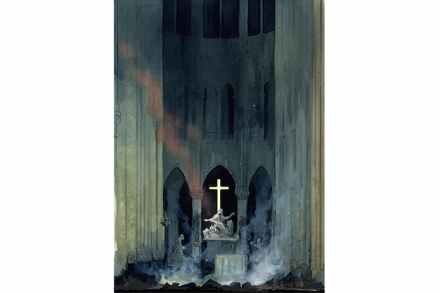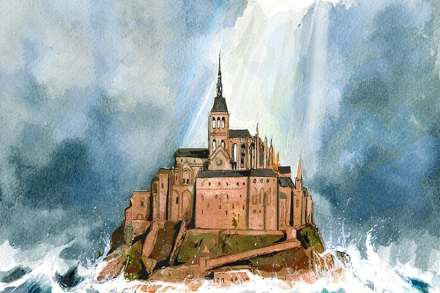I’m drinking half as much as usual – with no ill-effects
I cannot remember a prettier Easter, or a more frustrating one. This was no time to be in town. But there is a way of strangling self-pity at birth: military history. That brings a sense of perspective. Better to be locked-down in a London flat than charging across a D-Day beach. Bulletins from those lucky enough to be rusticated all make the same point: how well everyone is behaving. Over most of the countryside, there seem to be more volunteers than there are duties to perform. When the call came in Dorset, one mildly octogenarian Brigadier sprang into action. Appointing himself GOC North Dorset, he chose his battalion commanders and





















